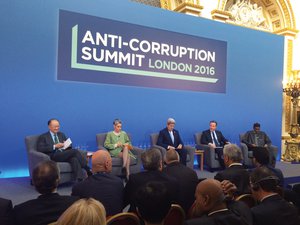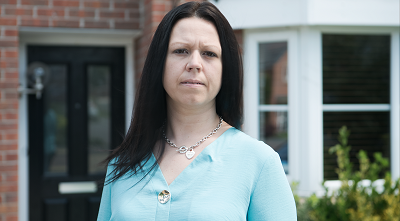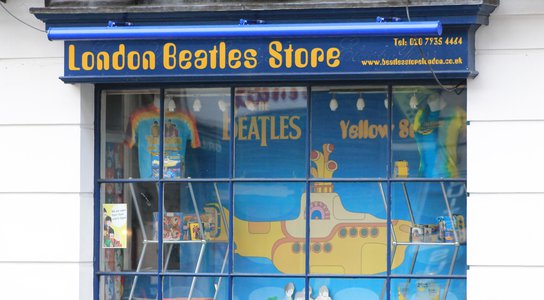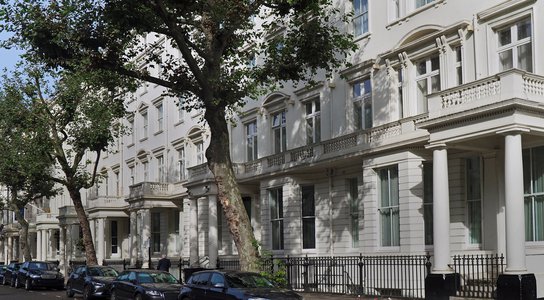The UK Government has today responded to a parliamentary committee on introducing a "Register of Overseas Entities". Which sounds complicated, granted. The premise is however very simple - this register will publicly name the individuals who are the owners of overseas companies that buy UK property.
It means we are now one step closer to a piece of legislation that has long been close to the heart of anti-corruption campaigners in the UK. At the London Anti-corruption Summit in May 2016 David Cameron made a series of promises on fighting corruption, this register being one of them. Since that rather hopeful day, Mr. Cameron has retired to his shed, his successor has visited Brussels more times than the most avid chocoholic and a week from now will also be a former Prime Minister.
This should have been more than enough time to have at least seen legislation tabled to parliament but despite cross-party support, MPs have yet to be given a vote. Whilst tectonic plates may have moved faster, the good news is we are getting there. In the meantime investigations have continued to find shady characters linked to UK property through anonymous companies and just a few months ago we found 87,000 properties - worth up to £100 billion - in England and Wales bought through anonymous companies registered in tax havens.
So why should you care who’s through the keyhole? From the Panama Papers, to our own investigations it has become clear that UK property has been a vehicle of choice for those looting their state coffers, amongst other large scale criminal acts, to hide the proceeds of their illicit activity. This means that behind front doors all over this country are dirty money secrets, the victims of which are very often people in the poorest parts of the world who have their health or education budgets decimated by corrupt officials. Put simply, without somewhere to hide the loot, the crime is much less likely to happen.

At the 2016 Anti-Corruption Summit in London, David Cameron promised to reveal the real owners of companies buying UK property
But there are victims closer to home too. Last month we uncovered how tens of thousands of UK leaseholders are at the mercy of unscrupulous freeholders who hide behind anonymous companies, making it almost impossible for leaseholders to communicate directly with their freeholders and raise critical safety concerns. Likewise, a 2017 report from our campaign allies Transparency International found that the presence of suspicious wealth in the property market could be having an impact on the UK’s housing crisis.
It’s no exaggeration - in fact probably a gross understatement - to describe British politics as somewhat “complicated” in the three years since this register was promised. But what we do know is that seeing it through to legislation will be the responsibility of either Jeremy Hunt or Boris Johnson. When Theresa May took over in 2016 she at least had some record as Home Secretary for advancing tools such as Unexplained Wealth Orders in the fight against dirty money.
Johnson and Hunt remain somewhat unknown quantities on this topic, although both had some dealings with the fallout of the Skripal Affair as successive Foreign Secretaries - a case that saw renewed pledges against dirty money from the Government. More concerning are recent enthusiastic noises from both camps on the idea of bringing free ports to Britain. The European Parliament recently called for free ports to be scrapped across the EU citing long-held concerns over their use in money-laundering and tax evasion schemes. Their introduction in the UK would seriously undermine efforts to stop suspicious wealth entering the UK.
To further labour the analogy of shutting the door to dirty money, everyone is now pretty much agreed it needs shutting (except those who stand to benefit from moving large amounts of corrupt money into and through the UK). We’ve located the door and know how to shut it. So there’s nothing left to do but to reach out and give it a slam. In this case that means finally bringing legislation to parliament and turning it into law.
This is why today we are urging both Boris Johnson and Jeremy Hunt to follow through on the years of work that has already gone in and finally reveal to us all - who really owns property in the UK.


